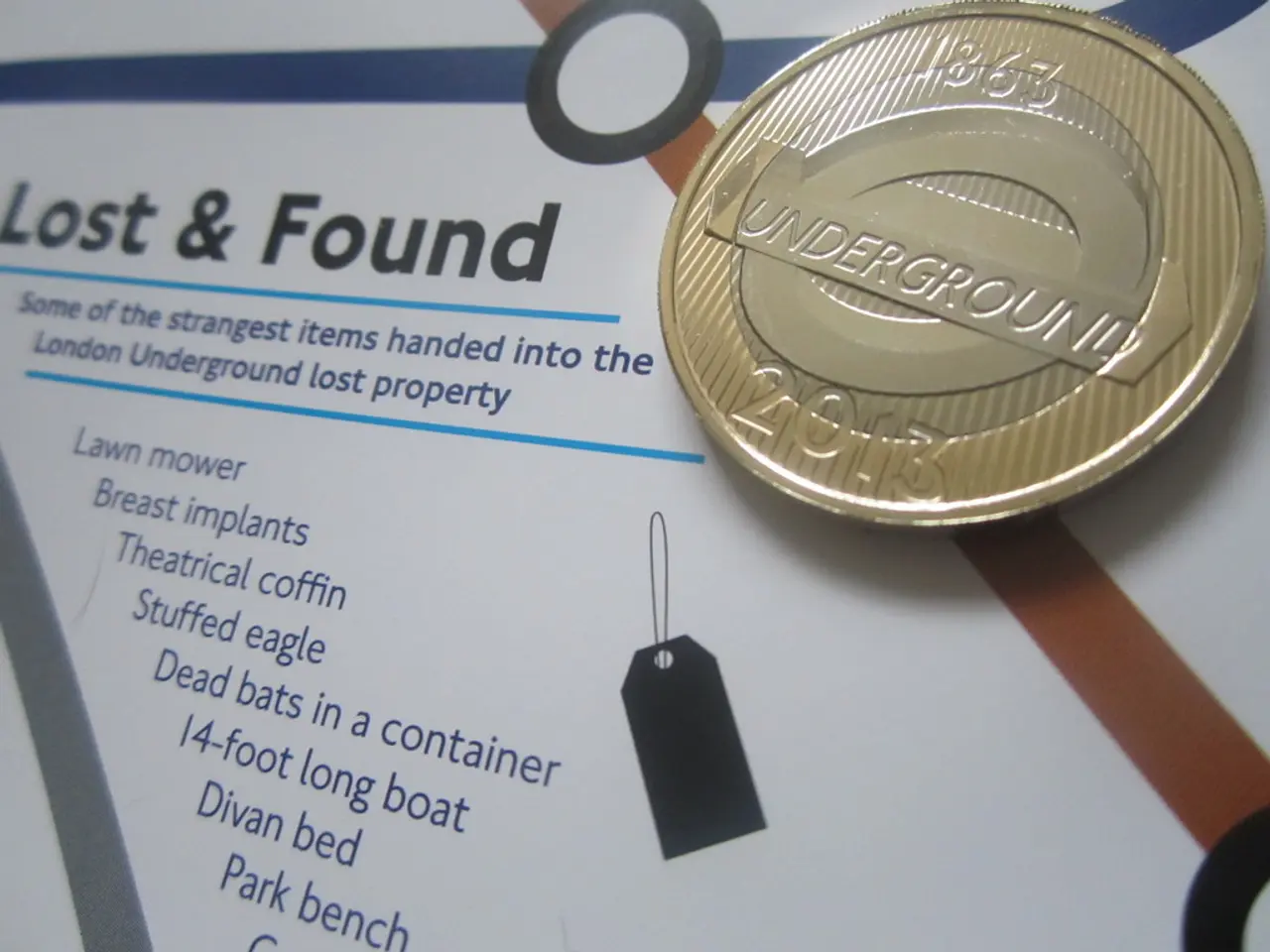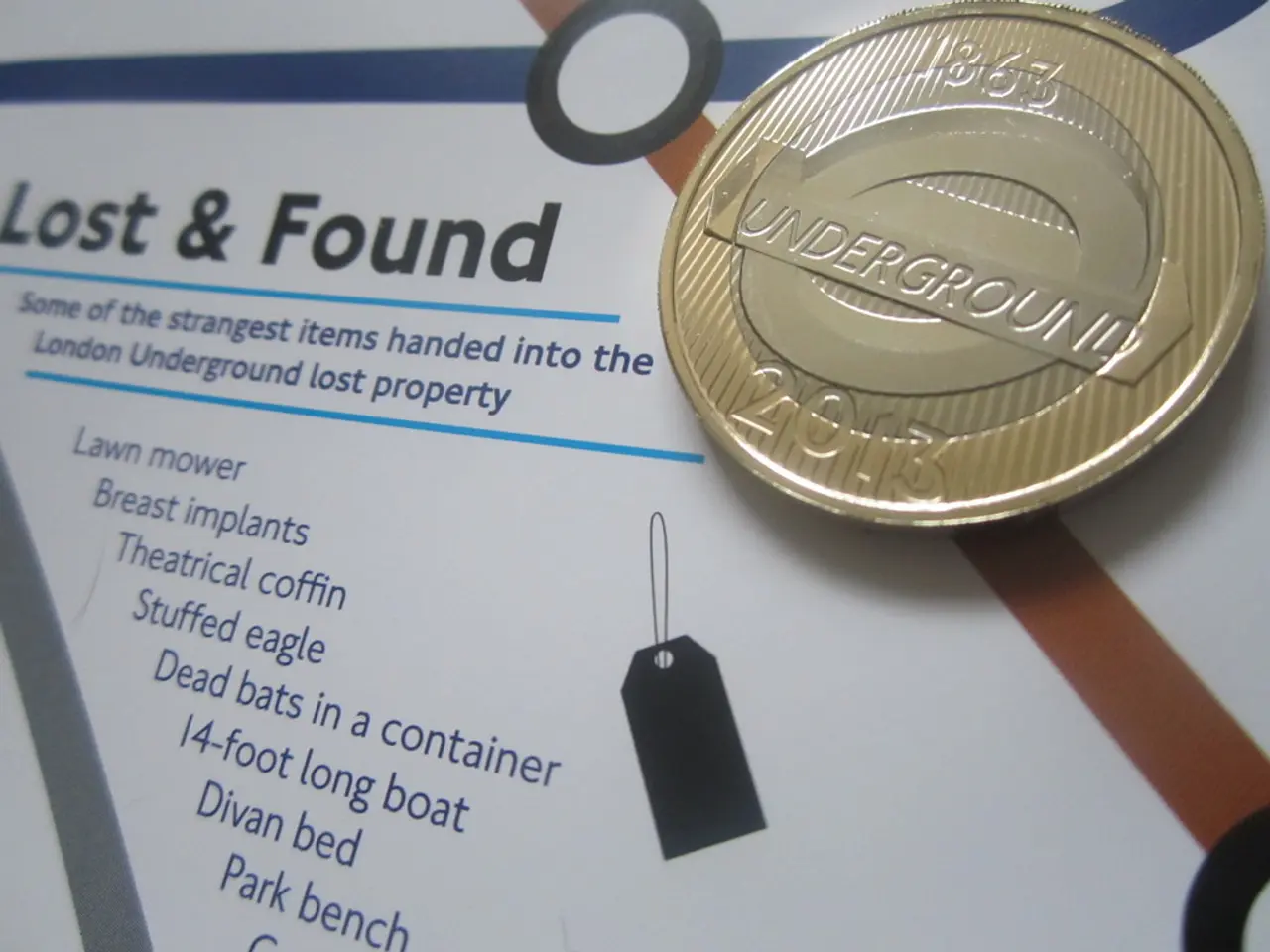A 46 Billion Euro Lifeline: Cabinet Greenlights "Investment Booster" for Businesses
Government endorses financial stimulus for businesses
Get ready for a financial overhaul! The federal cabinet has endorsed a bill brimming with measures aimed at boosting businesses and resuscitating our economy. Here's the lowdown on this game-changing decision.
The fresh coalition government, comprising Union and SPD, has given the go-ahead to a tax package worth billions. According to the Ministry of Finance's announcement, the so-called "Investment Booster" will provide relief to businesses to the tune of approximately 46 billion euros from 2025 to 2029. This relaxation on the part of the federal government, states, and municipalities might face some opposition in the Bundesrat, given the ensuing drop in expected tax revenues. Here's what the bill holds:
- Investors can enjoy "super deductions" of 30 percent on their investments from 2025 to 2027.
- The corporate tax rate is set to decrease by one percentage point each year from 2028 for a five-year period.
- The "E-mobility Booster" aims to encourage electric vehicle adoption by increasing the vehicle price cap from 75,000 to 100,000 euros and offering a 75-percent depreciation option in the first year of acquisition. Additionally, the research allowance is being beefed up.
The Bundestag is set to discuss the package on Thursday. Assuming the debate runs smoothly, all necessary parliamentary decisions could be made by the summer break.
Encouraging Strides
Tobias Hentze, a tax expert at the Institute of the German Economy Cologne, hailed this move as a promising sign that the government is keeping its promises. Hentze opines that "degressive depreciation" encourages businesses to make earlier and larger investments owing to the targeted incentives it offers. However, he cautions that this effect is only temporary. Currently, the corporate tax burden in Germany is around six percentage points above the OECD industrial countries' average and nine points above the EU average. "The planned reduction of the corporate tax rate for the year 2028 should be brought forward," suggests Hentze.
Nevertheless, there's an open question surrounding the Bundesrat's approval. While the states can cushion lower revenues through debt brake changes, the situation for municipalities is more precarious. Municipalities would shoulder around eleven billion euros of relief from 2025 to 2028, Hentze points out. Given that their share of tax revenues amounts to just 15 percent, the disproportionate burden could drive many local governments into financial distress.
Simon Pex, investment specialist at Carlyle, observes a change in investors' sentiment towards Germany and Europe. Pex believes that the new federal government has the potential to reignite economic growth in the region. "Germany could be a goldmine for investment opportunities in the next decade," he asserts.
Federal Government
- Government's Decision on Tax Relief Package for Businesses
[1] "Stimulus Checks 2020 and 2021 FAQs, Including Third Round, Getting Money, Eligibility," IRS, 2021, https://www.irs.gov/coronavirus/economic-impact-payments
[4] "Recovery Rebate Credit," IRS, 2025, https://www.irs.gov/credits-deductions/individuals/recovery-rebate-credit/recovery-rebate-credit-faqs
- The federal government's decision on the tax relief package for businesses, colloquially known as the "Investment Booster," includes measures such as 'super deductions' and a decrease in corporate tax rate, aiming to stimulate business financial growth and boost the economy.
- The implementation of this tax package, worth approximately 46 billion euros from 2025 to 2029, is expected to have an impact on various sectors, including business, finance, politics, and general-news, due to its potential influence on employment policy, community policy, and economic growth.




